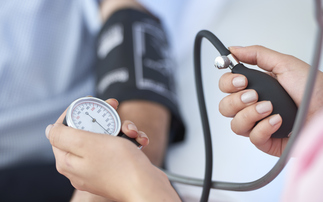The majority of policyholders have been cancelling insurance policies following HIV positive diagnosis, an adviser has reported.
According to insurance and mortgage advice firm, Unusual Risks, its survey showed 76% of HIV+ people had cancelled insurance after diagnosis.
The survey asked questions about the insurance needs of HIV+ people in relation to the terms and conditions around life assurance, income protection, critical illness and private medical insurance.
The survey found, on average each respondent had surrendered or cancelled almost two financial products and that 50% had done so for term assurance plans despite being covered for HIV.
Chris Morgan, marketing manager of Unusual Risks, said: " ‘It is quite shocking to think that over three quarters of people diagnosed with HIV are cancelling their insurance policies after their diagnosis, it would appear that this is without checking the terms and conditions of the contract first.
The majority of income protection, critical illness and private medical insurance policies do not cover people in the event of HIV, the firm said, but the majority of life assurance and life insurance did.
Morgan added: "The opportunities for people living with HIV in regards to mortgages and insurance have improved dramatically over the last few years.
"But the findings of both surveys indicate that the HIV community are still in the early stages of looking after their financial needs and are still dramatically underinsured for their needs."
Amanada Clancy, partner at Life Cover For All, said people who were HIV positive tended not to continue with the applications process past enquiry.
She said: "I would not say it was the high premiums that put people off but I think it may be that they are not confident of their options and have fear of rejection.
"The industry with HIV is what it was with Cancer some time ago. It is a word that people are uncomfortable with and perhaps this is the barrier in a lot of cases."
Unusual Risks latest survey follows a previous poll that established 82% of HIV Positive people had no cover.











